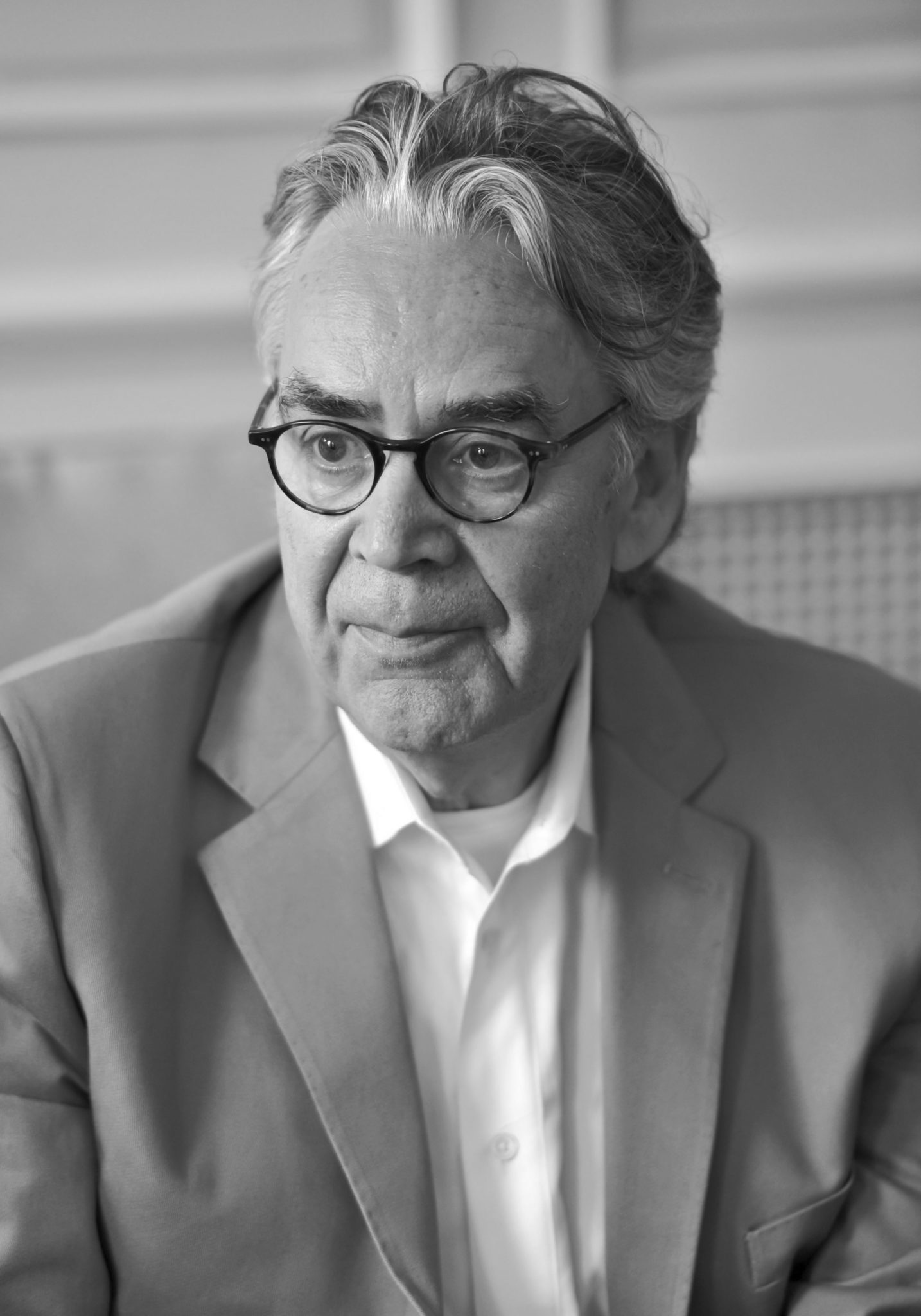
Wikimedia Commons
Whether writing music for horror films, historical dramas or hobbits, composer Howard Shore begins each score with pencil and paper.
On Wednesday, Nov. 13, Branford hosted a Residential College Tea with Shore and conductor John Mauceri ’67 MUS ’70, who discussed the compositional process and emotional creativity of film scoring.
“I’ve written a lot of music,” Shore said. “But it feels like, as a kid, I learned to do this, and it just kept extending and I kept learning and learning how to do more and more and develop more of my ideas.”
Shore’s ideas have transfixed generations throughout his award-winning career. He has composed film scores, operas and classical works, in addition to serving as the founding musical director of Saturday Night Live. For all of his compositions — including the sprawling film score for the “Lord of the Rings” trilogy — Shore emphasized the importance of being disciplined and working bar by bar, page by page.
Shore follows the same process for each film he scores. After he watches the film, he begins to “sketch” his musical ideas with pencil, focusing on one section of the film at a time. He then asks himself how he would perform the music, and switches to pen to orchestrate the work.
“You’re not composing unless that pencil is on the page,” Shore said. “I’m taking the subtext, all the dreamy part of it, and making it a piece that fits the film and has a narrative art to it.”
Even with this methodical approach, Shore said he believes in the emotional power of film music.
“I don’t like to think of music so much compositionally, so intellectually,” Shore added. “I like to write with my heart. I feel that’s the most truthful way to write. And again, the analyzation might happen afterwards.”
The conversation was a part of the residential college seminar “Music and Cinema: A History,” taught by Mauceri, an internationally renowned conductor, musical director and recording artist. Mauceri — who made his conducting debut as an undergraduate at Yale in the Branford dining hall, just steps away from Wednesday’s event in the common room — returned to Yale to teach.
“It’s really important to understand that this is a living history of the film score,” Mauceri said. His invitation to Shore brought this history to a standing-room-only audience of various members of the Yale community.
Head of Branford College Enrique De La Cruz emphasized that he appreciates how college teas bring the Yale community together. He added that he draws from his experiences with mentorship as a professor of molecular biophysics and biochemistry and takes residential college teas as opportunities to promote the exchange of ideas between students and experts. While many Branford teas have conversations facilitated by students, this tea was unique because of the friendship between Mauceri and Shore and their emphasis on the importance of collaboration.
Yale students also collaborated to prepare music related to and for the event. Before the talk began, Alvin Chung ’21 played “In Dreams” from the “Lord of the Rings” soundtrack on the carillon as Shore arrived.
The Davenport Pops Orchestra will continue the “Lord of the Rings” theme during their concert on Dec. 6. Audrey Yeung ’22, who plays the violin and is social chair of the Davenport Pops Orchestra, said she appreciated the opportunity to learn from Shore while the group prepared his music. Yeung noted that she will apply what she learned from Shore about music as storytelling, given the orchestra’s focus on film and television music.
Clay Jamieson ’23, who is currently taking Mauceri’s seminar, appreciated the opportunity to take a “trip down memory lane” with the “Lord of the Rings” soundtrack and hear from an expert who thought not only about the compositional intricacies of scoring but also the “power of emotion” in film scores.
“It was a great prime example of music in cinema composition from the master himself,” Jamieson said.
Shore’s latest project is the score for a film titled “The Song of Names.” The film will be released on Dec. 25.
Katie Taylor | katie.taylor@yale.edu







